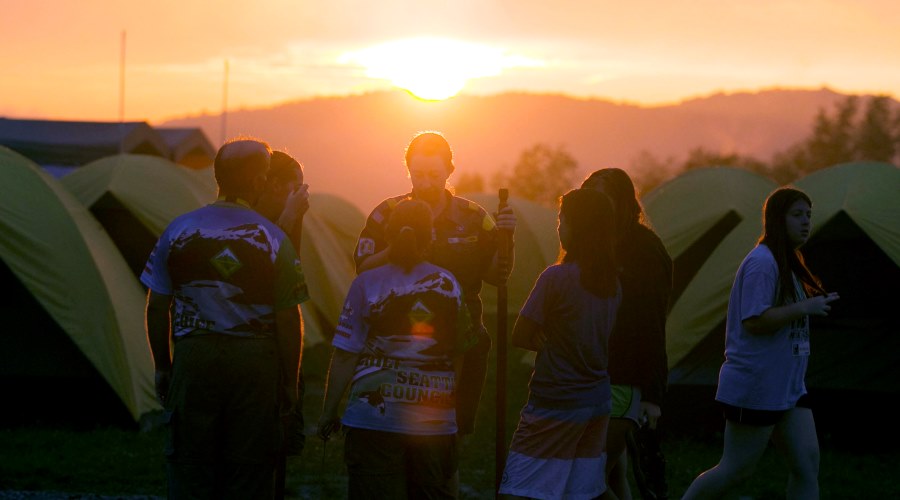
Reiterating the Importance of Character
You often hear me speak about character and leadership. Not only are they the cornerstones of our movement; our commitment to these principles is what differentiates us as a youth-serving organization.
But what is character? Merriam-Webster defines it as the complex of mental and ethical traits marking and often individualizing a person. In our Scout Law, those traits are trustworthy, loyal, helpful, friendly, courteous, kind, obedient, cheerful, thrifty, brave, clean and reverent.
Recently, I had the opportunity to reflect on the definition of character as I was invited to speak at a National Academy of Sciences workshop on Approaches to the Development of Character.
Surrounded by researchers and leaders of other youth-serving organizations, I was impressed by the volume of research that has been conducted in this area. From the technical nuances of character attributes and competencies to the growing character deficit worldwide, we discussed what character means today and how we can instill it in youth.
My biggest takeaway: character needs to be everyone’s endeavor.
Few will argue the importance of teaching values and responsibility to our children — not only right from wrong, but specific, affirmative values such as fairness, courage, honor and respect for others. But I believe we need to be working together to ensure all children are able to participate in character-building activities that allow them to apply these principles to their daily lives.
In an unplanned concurrence, Donald Floyd, the retired CEO of the National 4-H Council and fellow speaker, reiterated my sentiment. It was a transformative moment.
We agreed that character shouldn’t be proprietary. Rather, it should be open-sourced, meaning we need to be working collectively to further research and build positive leadership traits today in the next generation of our nation’s leaders.
Although Scouting is uniquely positioned to help youth translate that character into leadership traits, character development doesn’t happen exclusively within our movement. It also happens in church, in the classroom and through other youth organizations. If we take an open-sourced approach to character development, we can help advance thinking that will ensure more youth have access to the opportunities that will make them better people and our world a better place.
Mike



